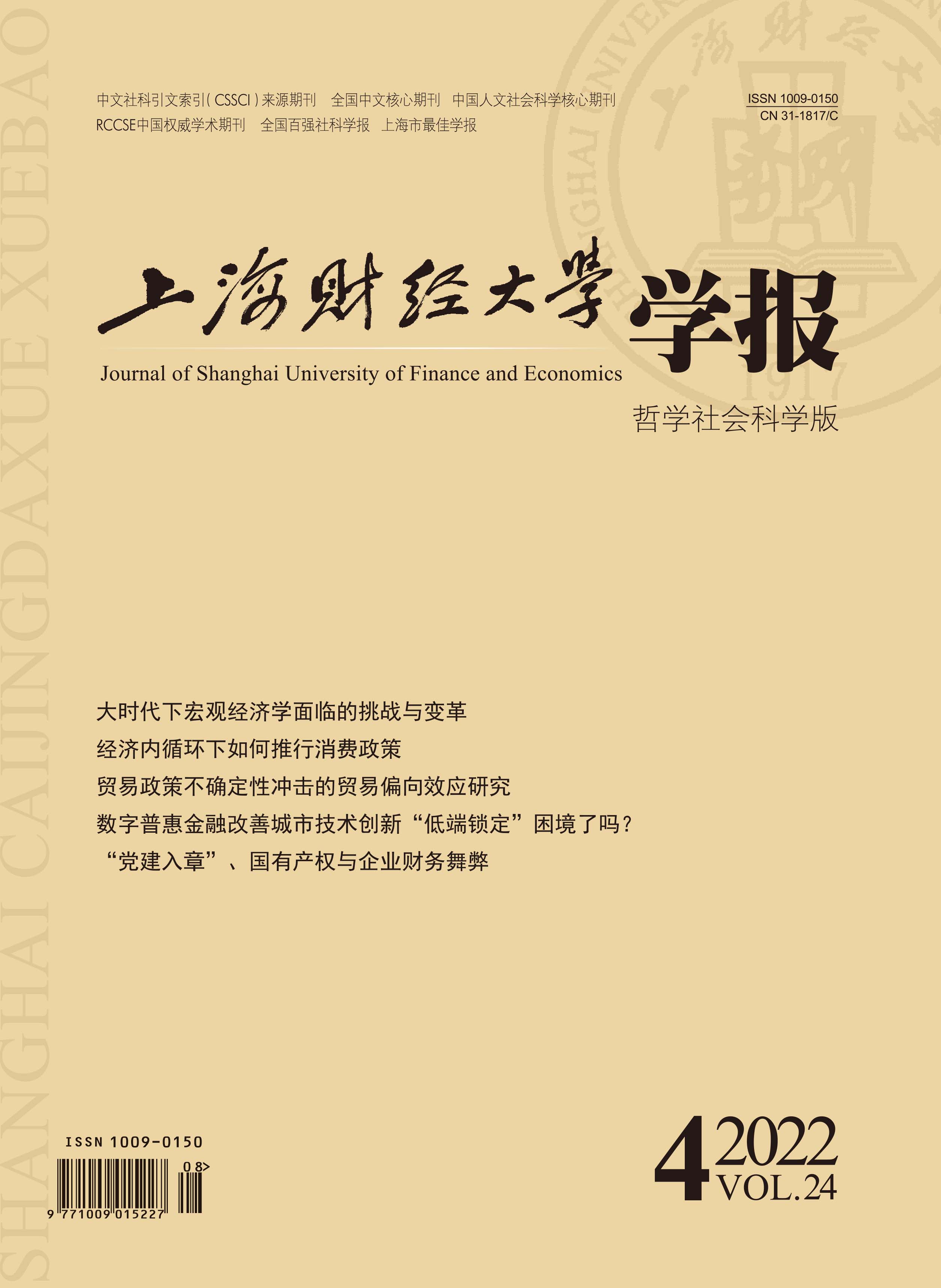The high youth unemployment rate has always been a global problem. Especially under the combined triple pressure, it has been rising in China in recent years. At the same time, China’s fertility rate continues to hover at a low level. Even after the “two-child” and “three-child” policy restrictions are liberalized, there is still no significant improvement. This paper links the two current social hot issues, excavates the internal impact behind the two, and extends the research on the “scar effect” of the initial employment market downturn on income to the fertility level, which complements the existing literature and responds to the current social concerns. Using the historical panel data of 38 OECD countries in 1960-2020, this paper empirically tests the effect of higher youth unemployment on the lower fertility rate. The results show that: First, the youth unemployment rate significantly inhibits the fertility rate, and this effect is lasting and symmetrical. This conclusion indicates that the fertility-promoting policy should focus on the initial employment market of the young, and try to make a forward-looking and overall policy layout. Second, the fertility inhibition effect varies in different countries. The higher the aging degree and the longer the duration of unemployment, the more significant the effect. Third, further mechanism analysis shows that the increase of work pressure will prevent the youth group from bearing a child, which plays a full mediating role. In comparison, other channels, such as income quality effect, income fluctuation effect, late marriage-and-childbearing effect, are not supported. The conclusion has important reference value for China to implement precise policies to continuously improve the fertility level in the future, and also reveal the demographic significance of promoting more sufficient and higher quality employment of the young. It provides a theoretical basis for China to jointly promote sufficient employment and high-quality employment. This paper also responds to the social discussion on the “996” debate in recent years, and inspires us to pay special attention to the non-economic treatment of young employees and continue to reduce their work pressure. Under the high unemployment rate, young people tend to lower their expectations and accept cheaper jobs. The matching degree between time consumption and private return is reduced. Its essence is the contradiction between our growing needs for a better life and unbalanced and insufficient development.
 / Journals / Journal of Shanghai University of Finance and Economics
/ Journals / Journal of Shanghai University of Finance and EconomicsJournal of Shanghai University of Finance and Economics
LiuYuanchun, Editor-in-Chief
ZhengChunrong, Vice Executive Editor-in-Chief
GuoChanglin YanJinqiang WangWenbin WuWenfang, Vice Editor-in-Chief
Bread or Baby: How does Youth Unemployment Affect Fertility Intention? Evidence from OECD Countries
Journal of Shanghai University of Finance and Economics Vol. 24, Issue 04, pp. 138 - 152 (2022) DOI:10.16538/j.cnki.jsufe.2022.04.010
Summary
References
Summary
Cite this article
Liu Jindong, Wang Jiahui, Tang Shihan. Bread or Baby: How does Youth Unemployment Affect Fertility Intention? Evidence from OECD Countries[J]. Journal of Shanghai University of Finance and Economics, 2022, 24(4): 138-152.
Export Citations as:
For
ISSUE COVER
RELATED ARTICLES




 8801
8801  11648
11648

